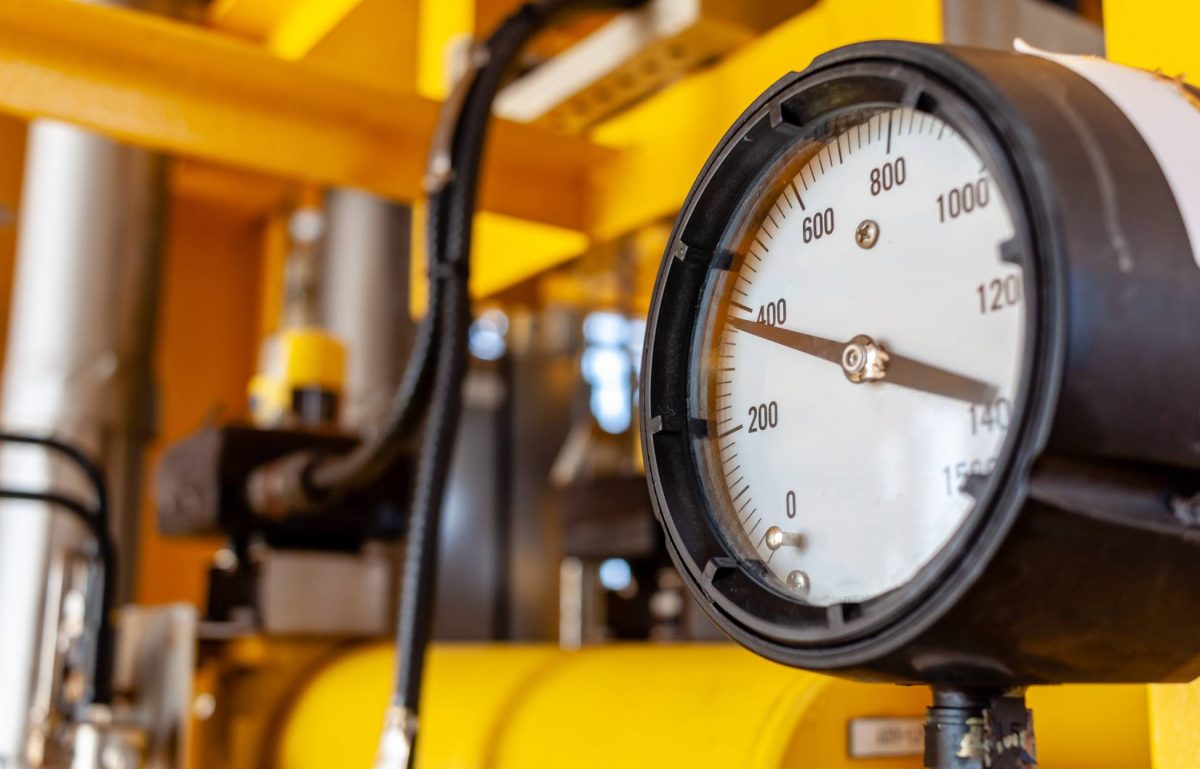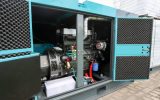Every industrial operation requires pressure gauges as they play a critical role in monitoring and maintaining system pressure. These instruments require external protection to function accurately over time.
Without proper safeguards, they become susceptible to damage, which can lead to costly downtime and repairs. Below, we’re discussing the common types of protective materials for pressure gauges, highlighting the significance of safeguarding such components.
The Strength of Stainless Steel
Stainless steel stands out as a premier choice for safeguarding pressure gauges within tough environments. Its incredible durability ensures that gauges withstand constant exposure to severe conditions. This material’s resistance to corrosion makes it an ideal candidate for areas with high moisture and chemical exposure. Stainless steel extends the life of pressure gauges and maintains accuracy by preventing material degradation.
Stainless steel’s robustness allows it to handle extreme temperatures without compromising performance. This feature is particularly beneficial in industries where temperature fluctuations are routine. Stainless steel has proven itself time and again as a reliable protector, ensuring pressure gauges remain in optimal condition.
Diaphragm Seals and Protection
Diaphragm seals, also known as chemical seals, provide an effective barrier between the gauge and the process media. Such seals prevent corrosive substances and debris from entering the gauge. By isolating the gauge’s sensitive internals, diaphragm seals prevent clogging and potential damage.
Their use proves invaluable in applications involving aggressive chemicals or slurry. The flexibility of diaphragm materials accommodates a wide range of chemicals, enhancing their protective capability. Employing diaphragm seals can significantly extend the operational life of pressure gauges in challenging environments.
Advantages of Teflon Coatings
In aggressive industrial settings, Teflon coatings offer an advanced level of protection for pressure gauges. Teflon’s non-stick properties prevent substances from accumulating on gauge surfaces. This reduces maintenance needs and ensures accurate gauge readings. The chemical resistance of Teflon further enhances its protective capacity and shields gauges from harsh substances.
The versatility of Teflon makes it suitable for numerous industries, ranging from chemical processing to food production. Its protective capabilities maintain the integrity of pressure gauges against a variety of chemical exposures. Teflon’s contribution to preventing corrosion and damage is unmatched.
Bourdon Tubes and Inbuilt Resilience
Bourdon tube gauges possess inherent design features that enhance their resilience. These gauges can withstand pressure surges and temperature variations with ease. The curved tube design absorbs changes in pressure while maintaining accuracy. This built-in protection ensures the gauge remains reliable even in fluctuating conditions.
The natural strength of Bourdon tubes provides an extra layer of defense against environmental stressors. This makes them a preferred choice for industries where precision is critical. Their ability to handle variable conditions without faltering highlights their exceptional design.
Choosing the Right Protective Material
Selecting the right type of protective material for pressure gauges is essential for safety and accuracy in industrial operations. Each material offers unique benefits tailored to specific needs and environments. Whether it’s the unparalleled durability of stainless steel or the chemical resistance of Teflon, the right choice can significantly impact gauge performance.













